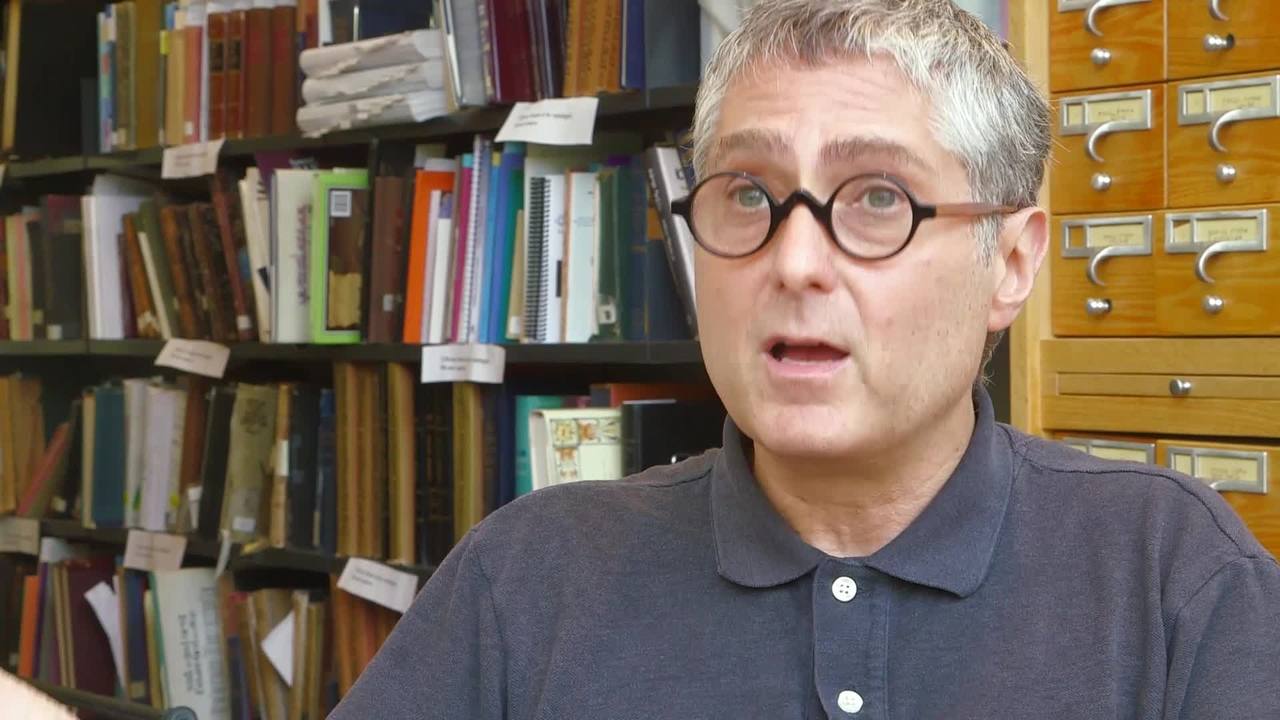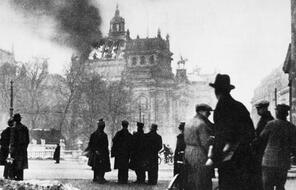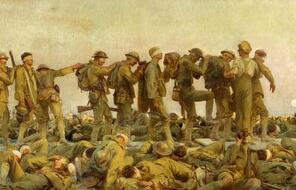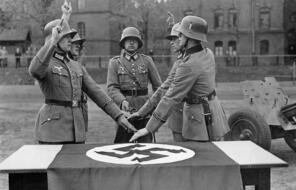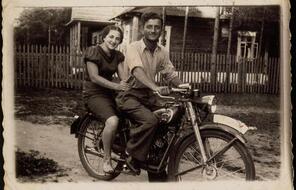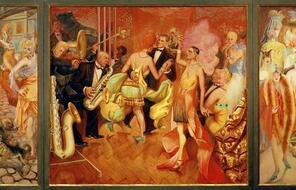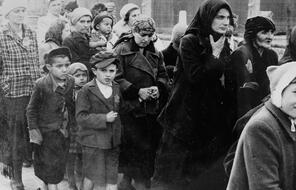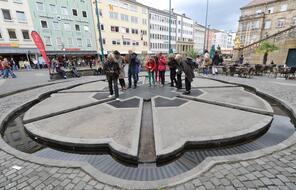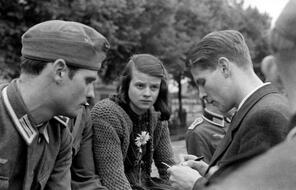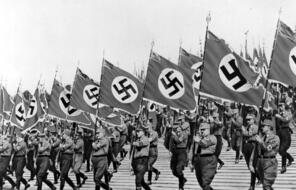Usually when we talk about Jewish life before World War II, and especially in Poland, we're talking about the period between, end of World War I, beginning of World War II. And in this period, Poland has the largest Jewish population in Europe, and they are 10% of Poland's population.
And the circumstances of Polish Jews are very different from Jews in countries just to the west and just to the east. Jews in Germany are dealing with the rise of Nazism. And in 1933, when Nazis come to power, this whole series of antisemitic laws that are being enacted.
This is not how things play out in Poland. You can also look just to the east in the Soviet Union. Jews are living under communism. In order to understand how things play out for Jews in each of these countries, we need to know about those differences.
One of the things that is important for us is to think about the situation of Jews as a minority in Poland, and part of this means going back a little bit further in history. If we go back to the Middle Ages, Poland was this very big kingdom.
And at the end of the Middle Ages, the early modern period, Poland and Lithuania united and became one of the largest countries in Europe, and it was also one of the most diverse, in terms of religion, and ethnicities, and languages, and cultures, and one of the most tolerant.
And it was a place where Jews really thrived. In the 18th century, Poland was surrounded by three very powerful states that, as Poland became politically weaker, decided to take the country over. And they partitioned Poland.
They took a map of Poland, and they said Russia gets this part. Austrian Empire gets this part. Prussia gets that part. And Poland disappeared from the map. Of course, those people are still there. They're now living as the subjects of these different empires.
And then, we have World War I. Germany's defeated, the Russian Empire, which had been around for centuries collapses. The Austro-Hungarian Empire which in has been around for centuries collapses. And in its place, we have new countries created.
They redraw the map of Eastern Europe. There were treaties where nations of Europe get together, and a very important provision was made in these treaties to protect minority rights. Because each one of these countries had a core ethnic and also religious population.
Jews were minorities in all of these countries. So protections for minority rights were really important. Poland was one of the most diverse countries then. One third of the population weren't ethnically Poles.
In addition to 10% being Jews, there was an even larger percent who were Ukrainians. There were also Germans. There were also Lithuanians, Belarusians. And now, everybody was trying to figure out what this new country was going to be.
And one of the big tensions was to what extent was it going to be multicultural, and to what extent was it going to be dominated by its core ethnic religious population of Poles.
Part of what's interesting about Jewish life in Poland, it's a remarkably diverse population. There is no single profile of the Polish Jew. Part of it is geographic. Increasingly, Jews live in big cities. They've been urbanizing for some time.
But there's still a lot of Jews who live in small towns. There's still a few Jews who live out in the countryside in small villages. And Jews live, on the one hand, side by side with their non-Jewish neighbors. But on the other hand, Jews tend to cluster together for their own purposes.
So you have a population that is, on the one hand, very, very connected with their neighbors in some respects. In other respects, lead a distinct life. And that is part of what makes it complicated, but really interesting, especially now Jews being citizens of the Polish Republic.
You could run for office. You could organize your own political parties. You also had obligations you didn't have before, like compulsory education, and military service. So all of this is very, very new. And figuring out how Jews fit in the mix of that was something new for Jews and something new for Poles.
So this is a really interesting generation. It's a generation that was born, sometime between 1910, 1920. So they're growing up in the interwar period. Unlike their parents, they have a whole new set of opportunities that being a citizen of a republic affords you. There are also new challenges that they face that their parents didn't have to deal with. Key issues are education and politics.
Coming out of the political party, something that's very important for young people are youth movements. This is part of a larger flourishing of youth culture in Europe, and the youth movements provided a wide range of activities. And what's key to all of these, whether they were religious, or secular, or what have you, is they're creating a whole new form of cultural transmission, that children were getting their cultural orientation less from parents, and more from their peers in the youth group.
And so, this is a very important shift in authority and in a sense of community and a sense of belonging that also really didn't exist for Jews in this part of the world before World War I.
If we look at them on their own terms, we will bring an important corrective to the way we tend to talk about life before the war, talk about the pre-Holocaust period, or the interwar period. That's not a way people living in Poland talked.
People aren't living before the war. They're living their lives. They're planning for their futures. Polish Jews aren't obsessed with what's going on in Germany. Germany is Germany. We're in Poland. Not our problem. We have issues to deal with. That's not our problem.
And it isn't really until very shortly before the war begins that the idea that Germany is going to invade Poland is on anybody's horizon. So when we look at this period of Jewish life in Poland in the 1920s and the 1930s, on its own, we will see things differently in some important ways than the way we often will encounter them in post-war narratives.
